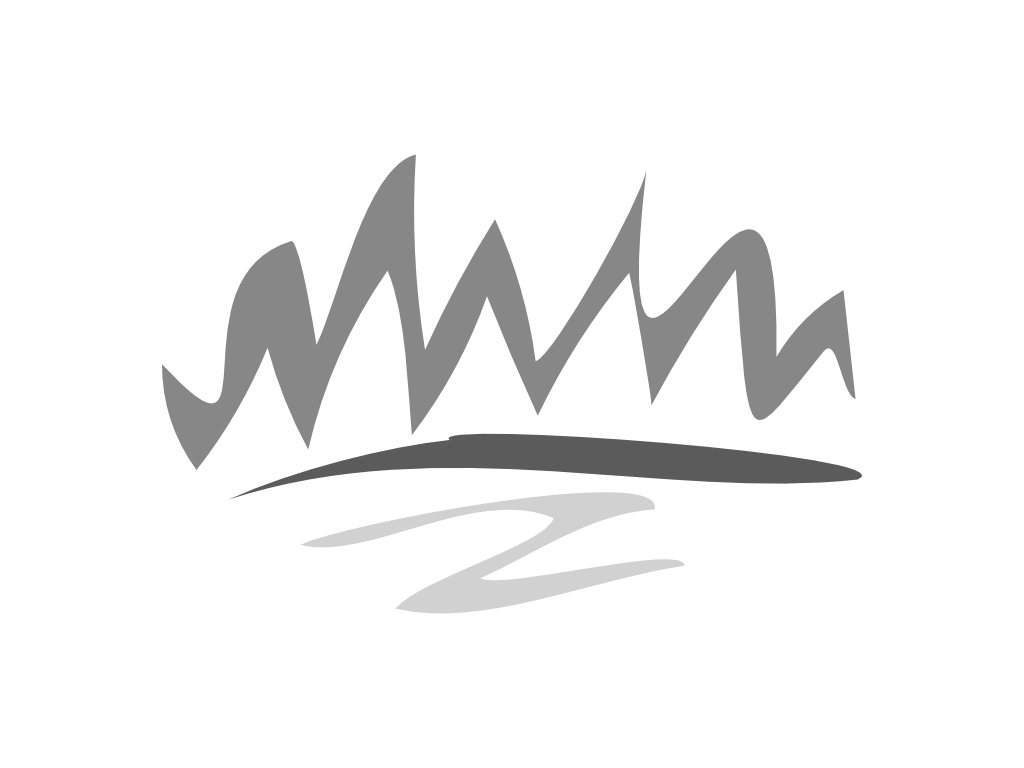
Western Forest Products Receives Qualified Audit
VICTORIA – Western Forest Products’ timber harvesting, road maintenance and road deactivation practices generally complied with Forest Practices Code requirements, says a report released today by the Forest Practices Board.
The report concludes the board’s audit of Tree Farm Licence 25 held by Western Forest Products in the Vancouver forest region.
The only significant non-compliance identified in the audit involved road construction practices around streams along a total of one kilometre of road. These included diverting a stream, building stream crossings outside of timing windows and placing blasted rock in the bed of a known fish stream.
The report adds that, on several cutblocks, assessments of streams had not been adequately conducted before roads were built, as required by the Forest Road Regulation. Under the code, road construction must either be stopped when unclassified streams are encountered or be modified so the construction does not damage the streams.
In response to initial audit findings, Western Forest Products commissioned additional fish inventories of streams affected by road construction and has removed the excessive rock from the stream. Western has also put measures in place to make sure all streams are correctly identified, classified and mapped, and the company has improved road construction supervision.
Western’s licence was selected for audit randomly, not on the basis of location or level of performance. The audit examined Western’s planning and field activities related to timber harvesting and road construction, maintenance and deactivation carried out between June 15, 1998, and June 30, 1999.
The audit focused on the licence’s northern areas of operation in the Sewell Inlet area of South Moresby Island in the Queen Charlotte forest district; on Yeo, Roderick and Pooley islands in the Mid-Coast forest district; and near Collins Bay in the North Coast forest district. Activities included harvesting on 17 cutblocks, plans for 13 cutblocks, construction of 14.3 kilometres of road, layout and design for 30 kilometres of road, 306 kilometres of road maintenance and deactivation, and construction and maintenance of 80 bridges.
In its report, the board recommends that Western Forest Products conduct a field performance review of its newly introduced stream assessment process and standard operating procedures to make sure that streams are appropriately protected.
The audit also noted concerns about quality control for assessments of streams and terrain stability, required under the code. Even though Western Forest Products relied on specialists for stream assessments and terrain stability assessments, it is the board’s view that licensees are ultimately responsible for any assessments applied as a basis for operational plans.
In its report, the board recommends that Western Forest Products review its methodology for assessments prepared by specialists, and that it develop technical checklists for evaluating these assessments.
The Western audit is the 27th compliance audit completed by the board. Ten were clean audits, meaning the forest planning and practices met code requirements in all significant respects. Seventeen were qualified audits, meaning that there was some significant non-compliance with the code. Most non-compliance was related to logging practices near streams and the construction, maintenance and deactivation of logging roads.
The Forest Practices Board is an independent public watchdog, established in 1995, that publishes reports about compliance with the Forest Practices Code and the achievement of its intent.The board’s main roles under the Forest Practices Code are:
Bill Cafferata,
Chair
Forest Practices Board
Phone: (250) 387-7964
1-800-994-5899
Nicky Cain,
Communications
Forest Practices Board
Phone: (250) 387-7964
1-800-994-5899
